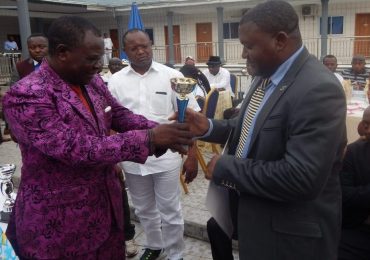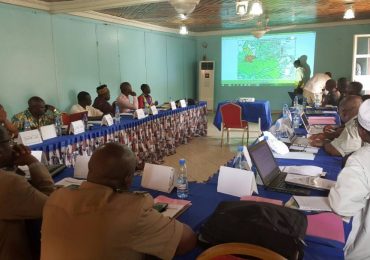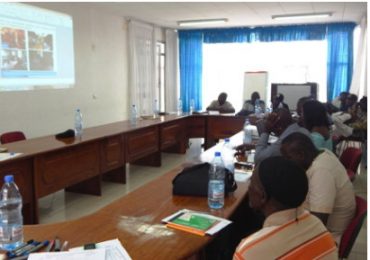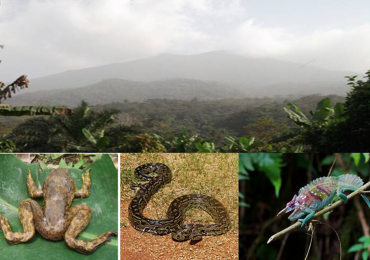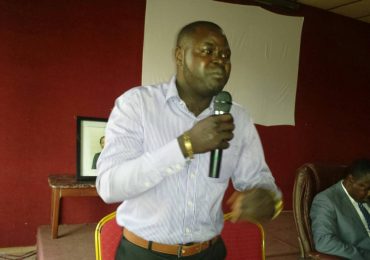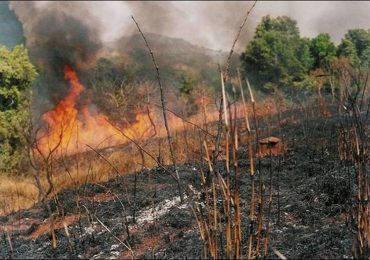
Just talking repeatedly is not going to change the world’s climate for the better; action will. Civil society organisations (CSOs) in the Southwest are not waiting for an external force to prod them into action against climate change and its adverse effects. They have began discussing the best strategies to circumnavigate the turmoil of climate, how to adapt to global warming and protect the environment from further degradation.
By Azore Opio
On January 28, 2016, some 38 CSOs met in Buea to peruse the COP21 Agreement documents, make suggestions and take concrete actions.
“We want to move beyond mere talking into concrete action to support and promote international efforts being exerted against climate change and its effects,” said Fongoh Eric, Coordinator of International Center for Environmental Education and Community Development (ICENECDEV), which oraganised the multi-stakeholder meeting.
“We are now at the implementation stage and want all stakeholders involved in the fight against climate change. We want the people in an environment involved in its protection,” said Fongoh.
The CSO members observed that policy gap issues would be treated – policies imposed from above without consulting the local people would be discarded and the bottom-up approach of environmental protection would be adopted.
Outside the goal to keep global temperatures from warming another half-degree Celsius by 2100, the CSOs agreed that they would create more awareness and publicise activities geared towards mitigating and adapting to climate change.
“We are not encouraging only tree planting to sequester carbon, but want to see crops – vegetables, grains – engineered to adapt to climate change effects,” said a CSO representative.
We need everyone to be involved in the protection of the environment and the fight against climate change, that is why we are making such a big commitment to collective action, the CSO representatives said.
They also observed that wetlands, which provide sources of livelihood and a critical balance to the ecosystem, have been subjected to abuse in Cameroon – reclamation for urban development, logging for construction and fuel wood – and are further destroyed by toxic fertilizers and pesticides.
These wetlands need to be restored to maintain the water tables in the face of adverse climate change, said the CSOs.
Overall, the CSOs pledged to try to relate the COP21 Resolutions to the Cameroon situation.




